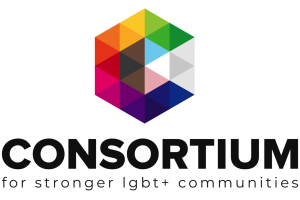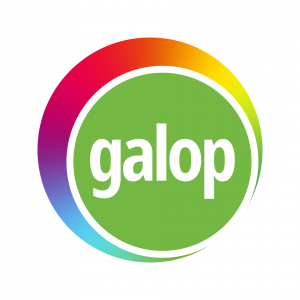
On Wednesday April 10th, the Cass Review (which is an independent review into the provision of healthcare for trans youth in England) was published. The full report (which consists of 400 pages) outlines England’s model of care for trans youth who are under 18 years of age. NHS England commissioned an independent review from Dr. Hilary Cass in 2020. This report goes into more detail around recommendations made in an interim report, which was released in March 2022.
A number of our members responded to the review, both upon publication and in the subsequent weeks, and we have linked to a range of these responses below. We are working with organisations across our membership to react to both the review itself and the increased support needs of our communities in the wake of policy changes and media attention following publication of the review.
Gendered Intelligence: https://x.com/Genderintell/status/1777245253877055728
The Kite Trust – this includes an update from a Q+A with Cass following the publication of the review. https://thekitetrust.org.uk/our-statement-in-response-to-the-cass-review-report/
The Proud Trust: https://www.instagram.com/p/C58yHRxNJOW/?utm_source=ig_web_copy_link&igsh=MzRlODBiNWFlZA==
Mermaids: https://mermaidsuk.org.uk/news/mermaids-response-to-the-cass-review-in-depth/
Scottish Trans: https://www.scottishtrans.org/our-initial-response-to-the-publication-of-the-cass-review-10-4-24/
Stonewall: https://www.stonewall.org.uk/cass-review
TransActual: https://transactual.org.uk/wp-content/uploads/TransActual-Briefing-on-Cass-Review.pdf
This post collates some responses from beyond the UK LGBT+ Sector:
https://ruthpearce.net/2024/04/16/whats-wrong-with-the-cass-review-a-round-up-of-commentary-and-evidence/

